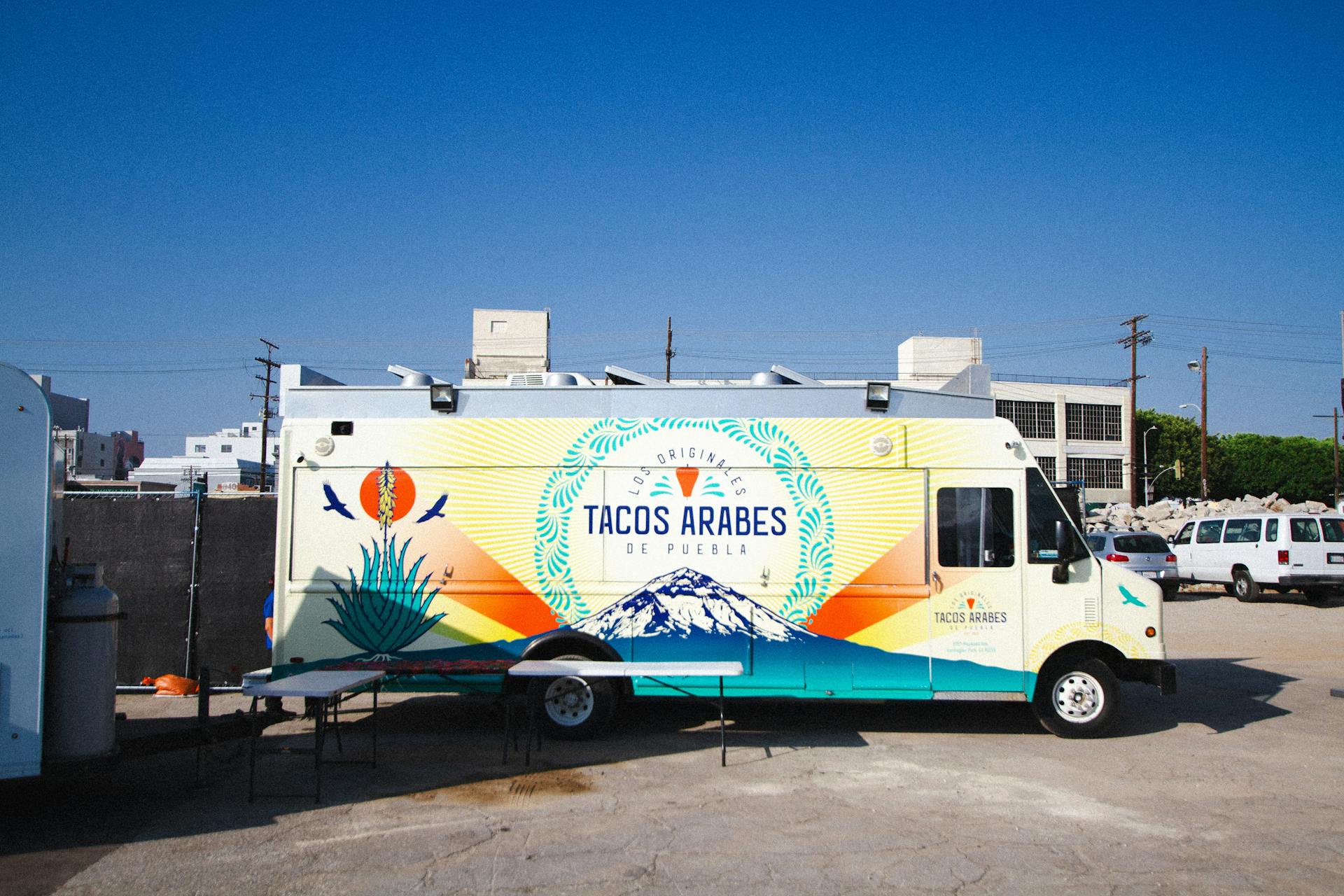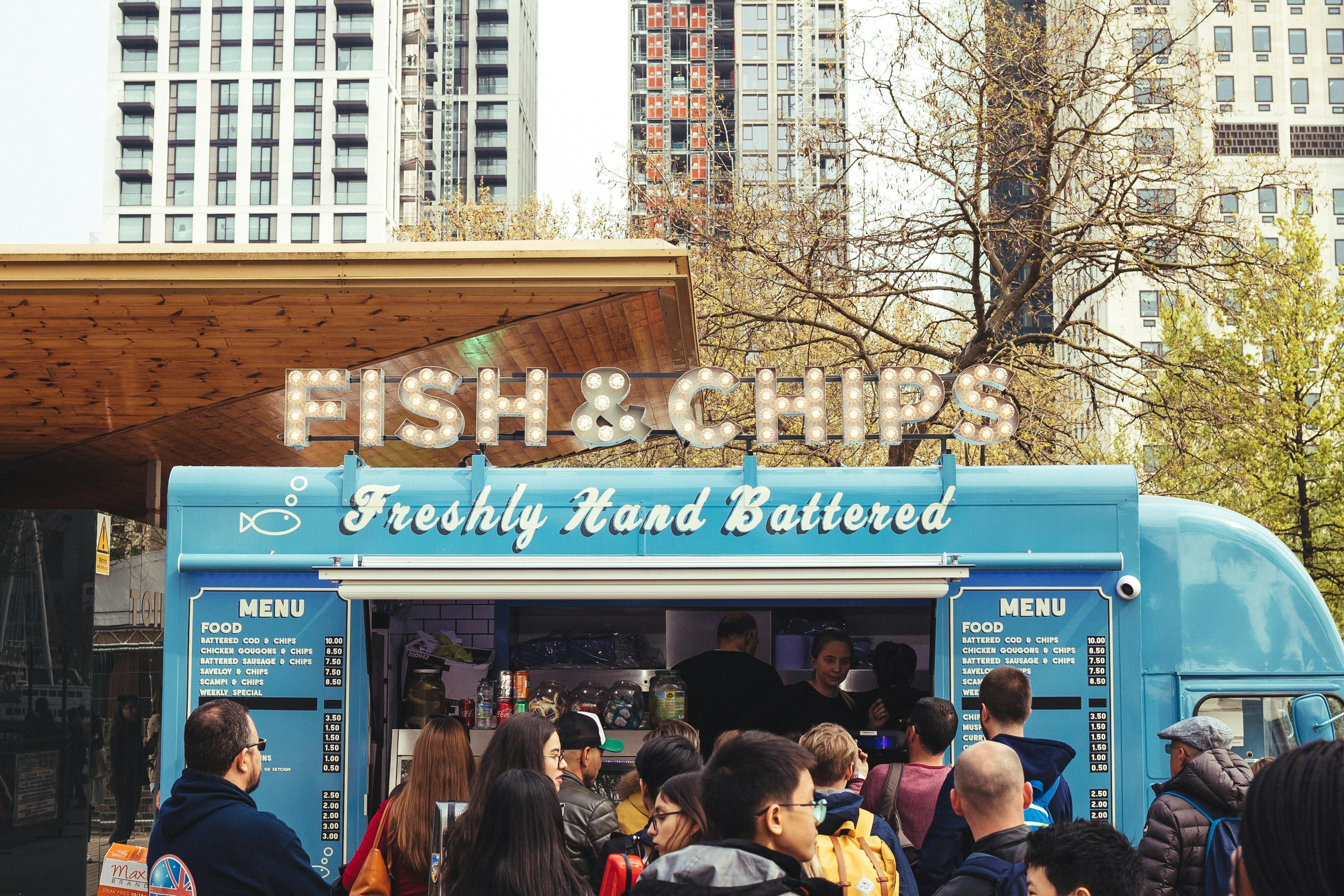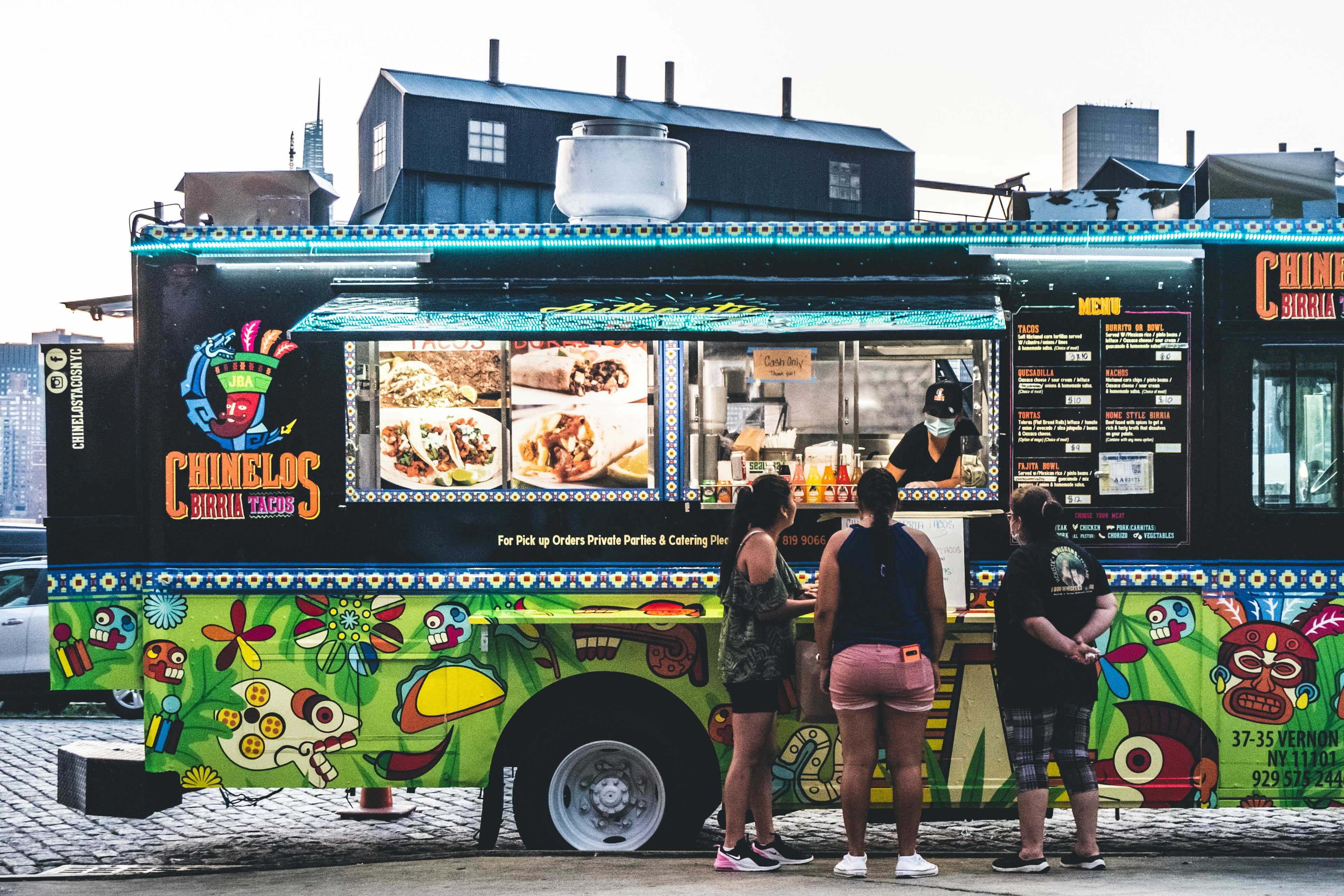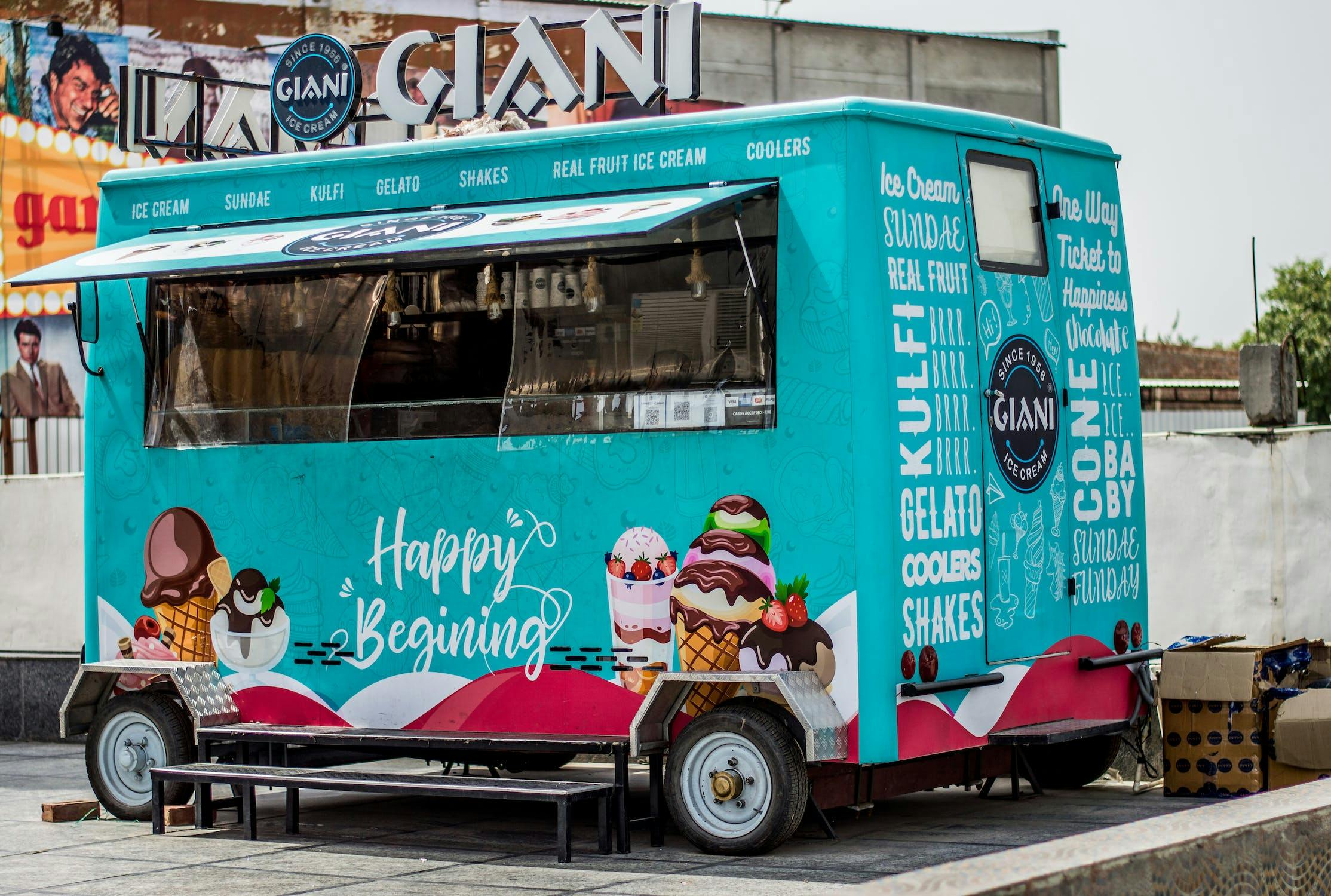
How do I start a food truck in 2023?
Picture the scene: you’re a savvy, modern entrepreneur that’s eager to get into the food truck industry. You’ve seen they’re a recession-proof sector. You know that, unlike restaurants and nearly every other American marketplace, they’re a space that major companies haven’t dominated. You’ve read that they’re a $1.5 billion enterprise – and you want a piece of that action. As a knowledgeable businessperson, you also know food trucks are one of the country’s most competitive environments. So you ask yourself: how can I launch my food truck without other businesses running over my profits?
As with so many questions in the world of food retail, Otter has the solution. In this guide, we’ll take you through the most effective ways to set your food truck up for success. We’ll show you what you need to know and have before you start, and what to do once you’ve begun. Through our industry expertise, we’ll also give you the tools to make running your food truck fast, easy, and profitable. Take a seat, and let us bring your food truck from a standing start to the finish line.

Identify your customer demographic
Like any other food retailer, the success of a food truck depends largely on its target audience. To turn a profit with your mobile eatery, you’ll need to make sure you’re giving your community what it wants. Generally speaking, food trucks are most popular with Millennials and Generation Z who live in urban areas. The best cities for food trucks are major metro areas like Portland, Austin, and Orlando. Places like these see the greatest demand for meals on wheels, as do highly populated states like California, Texas, and Florida. Stick to metropolitan communities and their surroundings, and you’ll have the most opportunity to earn consistent revenue.
The tastes and preferences of your target market are also critical. As we’ve mentioned before, food truck regulars are interested in a diverse variety of meals from around the world. Research what your potential audience wants to eat (and, more importantly, wants to buy) before you start cooking. Gain an understanding of the ingredients, price points, and flavor profiles they’re interested in, and aim to fulfill their expectations. Build a connection with this audience from your business’s foundation, and you’ll capture their interest that much faster.

Determine your costs
Food trucks are a business, and businesses take money to start. The good news? Balancing your costs and profits will be easy with a strong financial plan! It’s important to outline both your initial and recurring costs when you’re laying the baseline for your eatery. In 2023, you’ll be paying an average of $75,000 for a used food truck, and about $162,500 for a new one. You can also start a new business on an older truck’s framework for a discount – around $100,000. Remember: These costs are where you begin, not where you end!
Major costs that you’ll face as a food truck operator include purchases (43.1% of your average revenue), wages (27.3%), and utilities (6.3%). Food trucks typically spend more on labor than sit-down restaurants, and they’re responsible for the upkeep of their vehicular kitchens. Expect to spend a significant portion of your intake on maintaining your truck and its custom-built equipment. To keep track of these costs accurately and efficiently, be sure to get familiar with the best apps for food truck owners, and use an all-encompassing digital finance solution.

Acquire your licenses
Unfortunately, a driver’s license isn’t quite enough to operate a portable restaurant. Food trucks require several different pieces of documentation to establish and operate, and these permits differ by city. As an eatery, you’ll also need verification of your ability to prepare, handle, and serve food in a sanitary environment. Before making significant investment into your food truck, consult your local and state health departments to ensure your business’s eligibility. These bodies will provide you with the necessary training to start cooking legally, and help prevent issues going forward.
The standard clearances that all food trucks need are:
- vendor’s license
- tax ID
- employer identification number
You’ll also need an up-to-date:
- driver’s license
- certificate for food management
- full purchase records
- parking permits
Each city has its own unique mobile food vendor permit that you’ll have to obtain, as well.
Modernize your vehicle
As digital order management solutions continue to revolutionize the restaurant industry, it’s no surprise food trucks are following suit. In-app services are ideal for today’s food trucks – they’re fast, easy-to-use, and compact enough for even the smallest mobile kitchen. They upgrade the way you manage orders, menus, and staff, and collect vital data that you can use to improve. They even help you open new revenue streams and build direct connections to your customers.
If you’re looking to compete with your community’s top food trucks, there’s no better advantage than a cohesive solution suite. Of course, you’ll also want to ensure the software you’re working with is optimized for your truck’s unique needs. You’ll need a platform that can help you promote your menu on delivery apps, and get customers excited about your food. Don’t forget the importance of being notified about order issues, either – speed and accuracy are essential in a food truck. With a fully-featured collection of digital management services, your food truck will have everything it needs to start strong, grow, and succeed.

Hit the road!
Now that you know the fundamentals of running a food truck, you’re ready to bring your cuisine to the masses! Use your personal creativity to carve out a niche in your local food culture and focus on serving great meals. Remember: each day in the food truck business might not be easy, but if you’re following your passion then it will always feel worthwhile. If you need help along the way, Otter’s range of in-app solutions will be more than glad to give you a lift.
Check out how Otter helped this food truck entrepreneur achieve his dreams, and get started with Otter’s delivery solutions today!

Book a demo to see how Otter’s all-in-one platform can help your restaurant thrive.